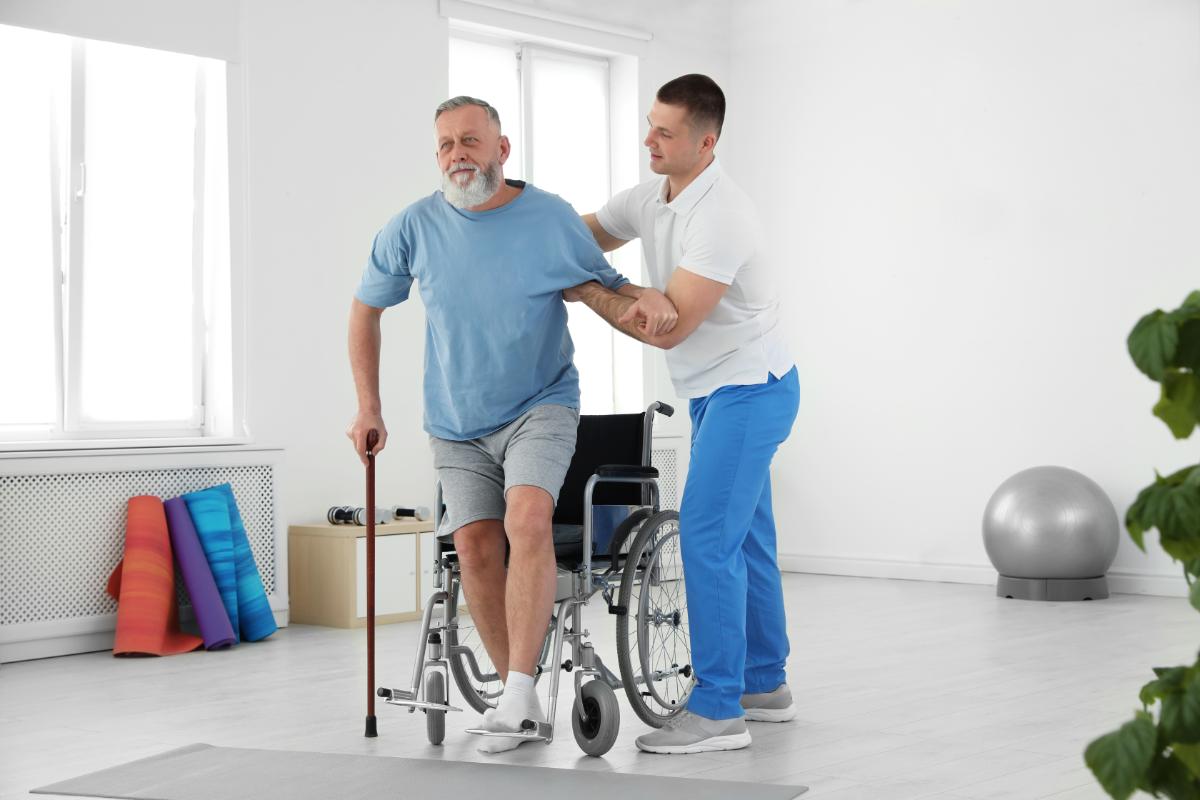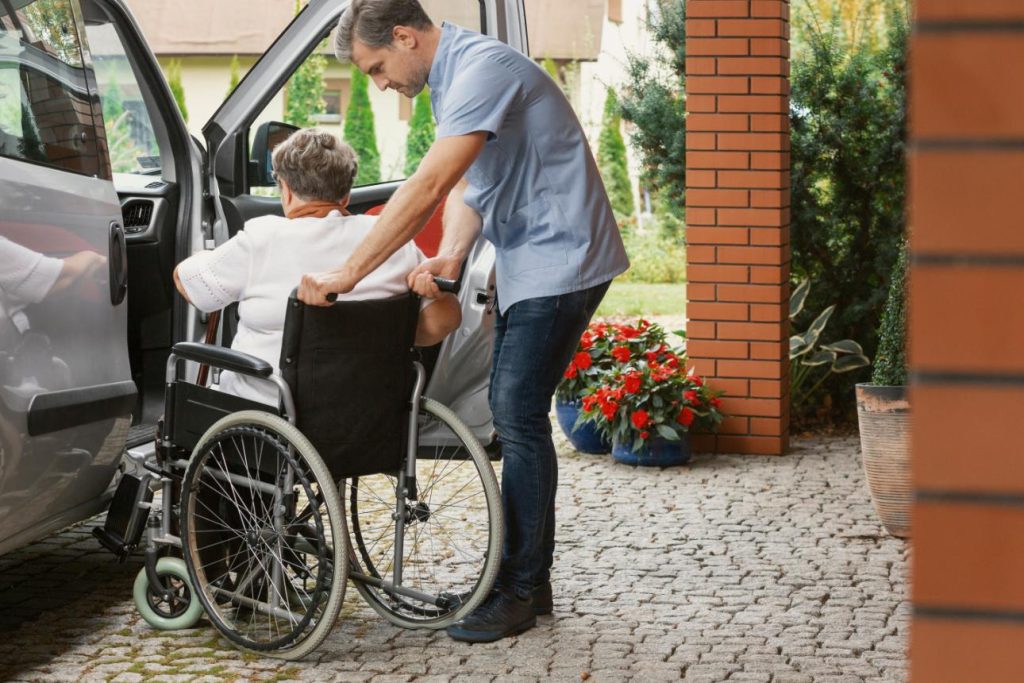
Support and Guidance for Stroke Caregivers in the UK
Caring for someone after a stroke can be both rewarding and incredibly demanding. As a long-term stroke survivor, I have seen first-hand how essential caregivers are to recovery and how much support they need too. This page offers practical advice for caregivers in the UK, from managing emotional and behavioural changes to assisting with mobility, safety, communication, and daily routines. Whether you are a family member or professional carer, this guide is designed to help you provide compassionate and effective care, while also protecting your own wellbeing. Remember, caring for yourself is just as important as caring for your loved one.

Advice for Caregivers
When dealing with stroke survivors, caregivers should be aware of the following issues:
Physical challenges: Stroke survivors may experience weakness, paralysis, or loss of coordination on one side of the body. Caregivers should assist with mobility, transfers, and daily activities, while ensuring they follow proper handling procedures, including the use of assistants, hoists, and similar equipment to avoid injury to both the patient and themselves. In the early stages of recovery, the patient may be very tired and possibly irritable or non-compliant.
Find clear, practical advice for UK stroke caregivers to support both recovery and personal wellbeing.

Disclaimer:
The information provided on this website is for general informational purposes only and does not constitute professional advice. While every effort is made to ensure accuracy, the website owner assumes no responsibility for errors or omissions, nor for any actions taken based on the content herein. Users should seek appropriate professional guidance before making decisions. Use of this website is at your own risk.
© 2025 Nicholas Cole
